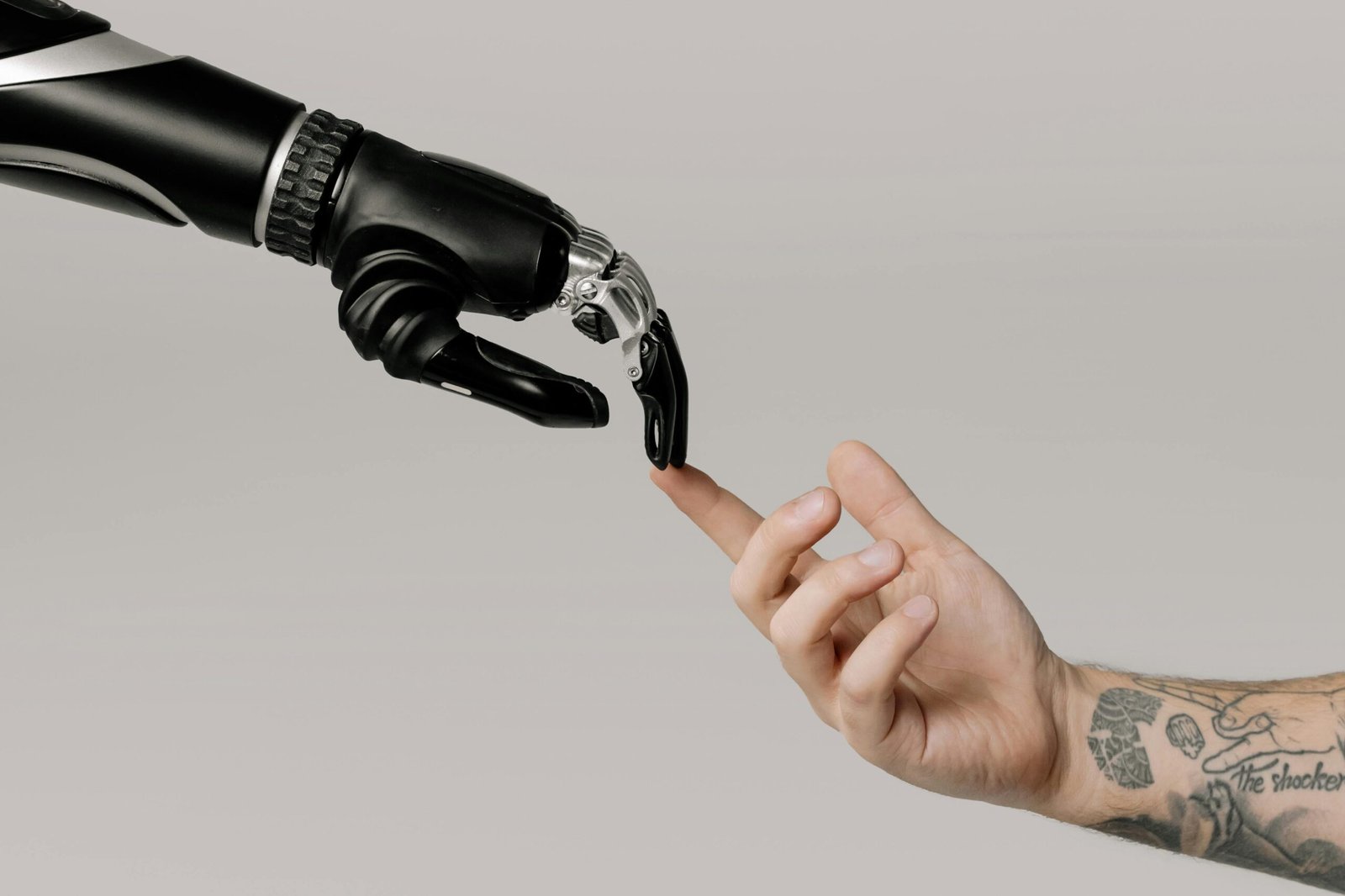Why Automation is Becoming a Big Deal in Hospitality
Managing a hotel involves juggling numerous tasks, from staffing to ensuring guest satisfaction. These challenges have only intensified in recent years, pushing the industry toward technological solutions.
Labor shortages are a significant issue, making it increasingly difficult to find and retain staff. Even when workers are available, the rising costs associated with labor can squeeze profit margins. On top of that, modern guests expect quick, personalized, and seamless experiences—demands that traditional service models struggle to meet.
The COVID-19 pandemic has also left a lasting impact on the industry, forcing many hotels to rethink their operational models and accelerating the adoption of new technologies. In this context, automation emerges as a powerful tool to address these challenges by streamlining operations, reducing costs, and enhancing the guest experience.
Automation simplifies operations by taking over routine tasks, reducing the need for extensive human labor. This not only cuts costs but also allows staff to focus on more complex and personalized aspects of guest service. Furthermore, automated systems minimize human error, leading to smoother operations and higher guest satisfaction.
We here at Nxtvizion.com utilize platforms like make.com to automate a wide range of tasks, from managing guest data to coordinating between departments, ensuring that everything runs smoothly and efficiently.

Where Automation is Making a Difference in Hotels
Automation isn’t just about AI or robots; it’s about making everyday tasks easier and more efficient. Here are some key areas where automation is transforming the hospitality industry.
Guest Services
Guest services are one of the most visible areas where automation is making a substantial impact. The check-in and check-out process, traditionally a time-consuming task, has been revolutionized by automated systems. Guests can now check in and out via kiosks or mobile apps, bypassing the front desk altogether. This not only speeds up the process but also reduces queues and enhances the overall guest experience.
In addition, the use of virtual concierges and chatbots is on the rise. These AI-driven systems are available 24/7 to answer questions, make reservations, and provide recommendations, offering instant responses to guest inquiries. This level of service ensures that guests’ needs are met promptly, even when human staff are not available.
Moreover, automation enables personalized guest experiences. By analyzing guest data, hotels can offer tailored services and recommendations, such as adjusting room settings according to preferences or suggesting local attractions based on past behavior. This level of personalization was previously difficult to achieve without significant human effort.
Housekeeping and Maintenance
Housekeeping and maintenance are critical to the smooth operation of any hotel, but these tasks are often labor-intensive and prone to errors. Automation offers a solution by streamlining these processes.
Automated scheduling systems can manage the cleaning staff’s tasks, ensuring that rooms are cleaned on time and according to the specific needs of each guest. This not only improves efficiency but also enhances the guest experience by ensuring that their rooms are ready when they arrive.
Predictive maintenance is another area where automation is making a significant impact. By monitoring equipment and facilities in real-time, automated systems can identify potential issues before they become problems. This proactive approach helps prevent equipment breakdowns and ensures that everything is in top condition, contributing to a better guest experience.
Real-time reporting and issue tracking further enhance housekeeping and maintenance operations. Digital tools allow staff to report issues as soon as they arise, ensuring that nothing falls through the cracks. This level of oversight was difficult to achieve with traditional methods.
Food and Beverage Services
The food and beverage sector within hospitality is also benefiting from automation. Automated ordering systems, for instance, streamline the process of taking and fulfilling orders. Guests can place their orders through apps or in-room devices, with the requests sent directly to the kitchen. This reduces the chances of errors and speeds up service, ensuring that guests receive their meals promptly and correctly.
Personalization is also key in food and beverage services. By leveraging guest data, hotels can offer tailored dining experiences. For example, if a guest has a favorite dish or dietary restriction, the system can suggest menu items that match their preferences. This level of customization enhances the guest experience and encourages repeat business.
We integrate different systems in a restaurant setting by connecting the ordering system with inventory management and kitchen operations, everything runs more smoothly, ensuring that guests get their meals quickly and accurately.
The Benefits of Automation
The adoption of automation in the hospitality industry brings numerous advantages. Here’s why more hotels are embracing it:
- Improved Efficiency: Automation cuts down on manual tasks, leading to fewer mistakes and faster service. When routine tasks are automated, your staff can focus on more important aspects of guest service.
- Cost Savings: With automation, you can operate with a leaner workforce, reducing labor costs while maintaining or even improving service quality. Additionally, automated systems can help save on energy costs by optimizing lighting and temperature controls.
- Enhanced Guest Satisfaction: Automation makes it easier to meet and exceed guest expectations. From personalized experiences to faster response times, automated systems ensure that guests leave happy and are more likely to return.
- Scalability: As your business grows, automation makes it easier to scale operations without significantly increasing overhead. Whether you’re opening new locations or handling more guests, automated systems can grow with you, ensuring consistency and efficiency.

Simple Automation Solutions
Automation might sound complex, but it doesn’t have to be. Here are two simple automation solutions that any hotel can implement to start reaping the benefits:
One simple solution is Automated Guest Feedback Collection. Gathering feedback is crucial for improving guest experiences, but it’s also time-consuming. With automation, you can streamline the process. Using make.com, we set up a system that automatically sends a feedback survey to guests after their stay. The responses are collected in a central location, making it easy to review and act on the feedback without having to chase guests manually.
Another straightforward solution is Room Service Ordering via Chatbot. Room service is a staple of hotel hospitality, but the traditional process of ordering by phone can be cumbersome. A simple solution is to implement a chatbot that can take room service orders 24/7. Guests can place orders through the chatbot, which then sends the order directly to the kitchen. This not only speeds up the process but also reduces the chances of miscommunication.
Challenges and Considerations
While the benefits of automation are clear, it’s important to be aware of the potential challenges and considerations:
- Upfront Costs: Implementing automation requires an initial investment, both in terms of money and time. Integrating new technologies with existing systems can be complex, so careful planning is essential.
- Privacy and Security: With automation comes the responsibility of handling and protecting guest data. Ensuring compliance with regulations like GDPR and implementing strong security measures is crucial.
- Maintaining the Human Touch: While automation can handle many tasks, it’s important not to lose the personal touch that makes hospitality special. Balancing automation with personalized service is key to maintaining guest satisfaction.
The Future of Automation in Hospitality
The future of automation in the hospitality industry is full of exciting possibilities. As AI and machine learning continue to advance, hotels will be able to offer even more personalized and efficient services. New technologies like voice and facial recognition are also on the horizon, promising to further enhance the guest experience.
Additionally, sustainability is becoming a significant focus for the industry, and automation can play a crucial role in supporting eco-friendly practices. Automated systems can optimize energy use, reduce waste, and help hotels meet their sustainability goals more effectively.
As these technologies continue to evolve, the role of automation in hospitality will only grow. For those looking to stay competitive in this fast-changing industry, embracing automation is not just an option—it’s a necessity.
Wrapping It All Up
Automation is transforming the hospitality industry by streamlining operations, reducing costs, and enhancing guest experiences. By adopting the right automation tools and strategies, hotels can not only meet the challenges they face today but also position themselves for future success.
If you’re ready to explore automation tools for your hotel, contact us for more info. And also check out make.com to see what we are working with. It’s a great resource for businesses looking to start automating tasks, improving efficiency, and enhancing the guest experience. The future of hospitality is here—don’t get left behind.




